We all are aware at what pace technology is emerging as one of the vital factors in our lives. And we are also aware of the number of cyber attacks that has been taking place in every part of the wall. Does it mean we are on the verge of cyber war? If so what measures should we adopt in order to secure our devices and data from cyber attackers? Let me tell you one bitter truth, no antivirus or firewall settings can prevent a sophisticated hacker from getting into your data. Most of the organizations are generally hacked because of the unsafe activities of their employees. Many companies organize a meeting and conduct training of the employees to make sure the company is earning a good chunk of profit. But sadly, little training is being provided to the employees on the topics like the impact of cyber attacks and how to avoid those attacks. Here I am talking about providing training to employees regarding cyber security so that they are aware of activities that may possibly invite a security threat.
In today’s online world, there is data breach almost every day. With the large spread of malware, phishing emails and malicious websites hackers have created a safe route to get your data. So employees should be highly aware and avoid clicking any unknown URLs or emails.
Phishing is an activity undertaken by hackers to steal user’s credentials or an attempt to install malicious software in the user’s system. Phishing is comparatively an easy tactic used by hackers through which they get into your computer.
Most of the people focus on firewall security thinking that they can fully secure the system. But the truth is every member of the company who uses internet and access emails should take the responsibility to secure the system because hackers generally take these people as soft targets.
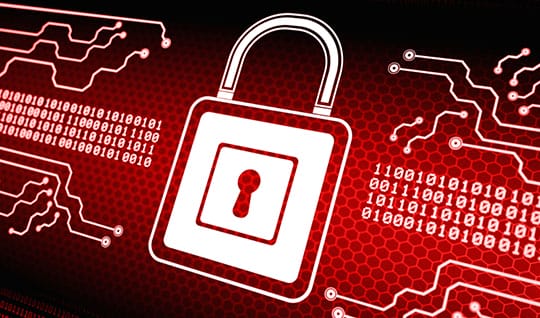
So what are the things that employees should avoid in order to stay away from hackers? First of all, employees should never use their work computer for personal use or vice versa. Because home networks generally do not have the kind of network security a company has. The other thing is most of them let the antivirus software expire allowing the hackers to get through. Using a work computer as a personal computer may higher the risk of threat getting into your computer.
Given below are some measures that employees should follow in order to help their organization from threats.
1. Avoid download from unknown websites

Hackers generally hide malicious software in some downloads. For instance, it may look like an image or a video but in reality, it is a malicious application that can take access your computer. So whenever you download to make sure that you download it from trusted sites.
2. Disable unused Browser plugins
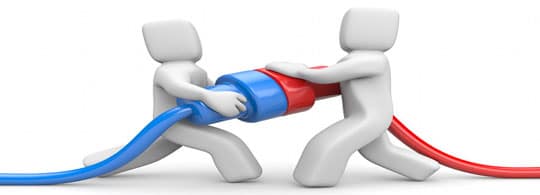
Whenever you surf the internet make sure that you disable plugins from unknown sites. Some of the plugins act as malware so disabling them saves your system from possible attack.
3. Do not click the URLs of unscrupulous sites
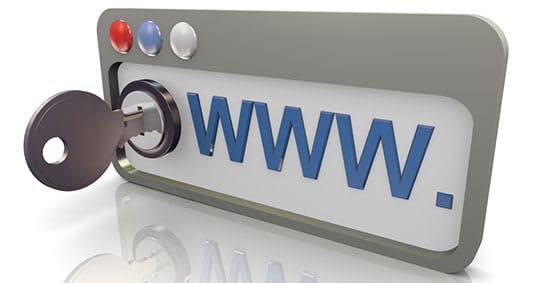
Sites which have a bad reputation in the market like automatic download site or pirate sites might spread malware. So make sure that you do not click on those links.
4. Beware of alerts
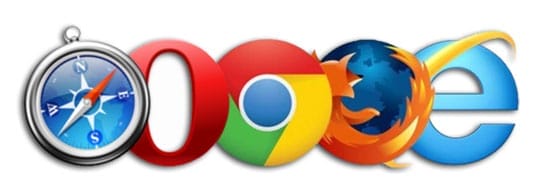
Most of the browsers have built-in security and they alert the user if they download or click on any unsafe links. Take those alerts seriously; do not try to bypass the alerts.
5. Do not be lured by giveaway software
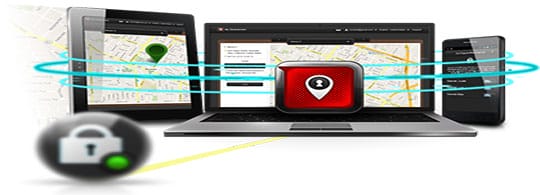
Today the internet is flooded with free software that promises to deliver better results, but most they have malware hidden in them. So before downloading any software check the reputation of the vendor online.
6. Do not click pop-up ads

Well again, when we surf the net we come across many pop up ads that promise of giveaways or prizes beware of clicking those ads as they might stealthily install malicious software in the system.
7. Update your antivirus
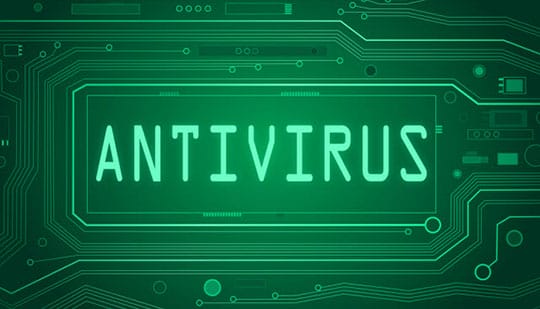
Always keep track of your antivirus and update them as and when required. And set your antivirus to scan all your downloads and always remember to scan your computer periodically.
Conclusion:

Always remember that hackers just need a small hole so that they can access your system. Once they get access to your system, it is pretty much easier for them to access the whole network of the company. Lastly, never share your passwords or credentials to others.
Your small mistake can put the security of whole company at risk. So be responsible for checking any kind of online threats.
This article is written by Mark Johnson. He is an IT analyst and CPA at Hitech-Cloud Hosting Solutions which is a leading Cloud Computing and Application Hosting company. He has been conducting research on various accounting and tax applications. He compiles his findings in the company yearbook called "Glimpse of your financial framework”. He loves to read on topics especially related to small business, startups, and technology. Follow him on Facebook.





